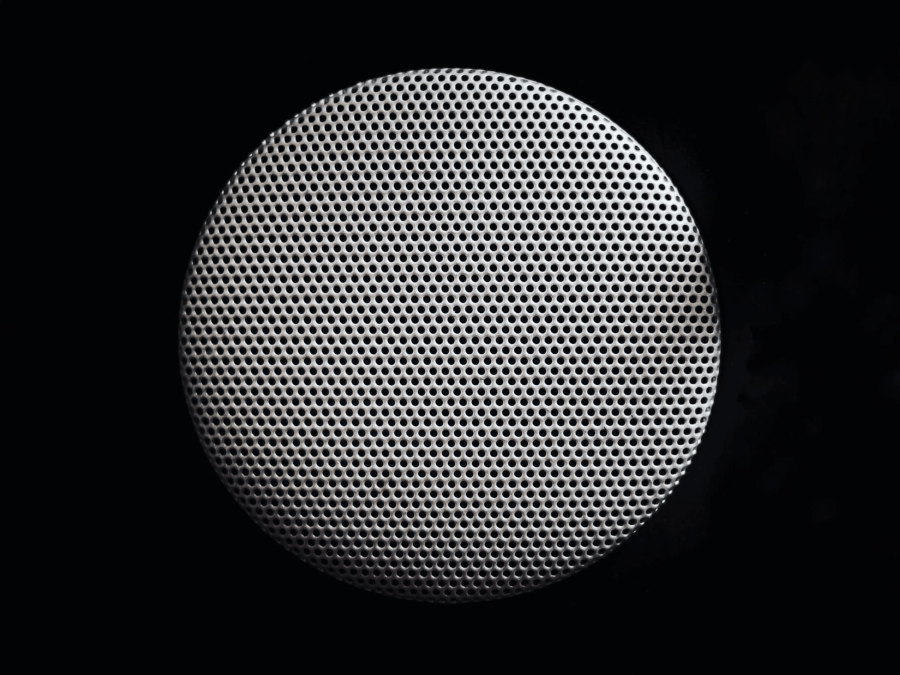Science & Tech
Breakthrough: Amazon Alexa or Google Home could monitor your heartbeat

WHAT YOU NEED TO KNOW:
- Researchers from the University of Washington designed an AI-powered system that could be integrated into a smart speaker, enabling its sound waves to monitor a person’s heartbeat.
- The invention is the first contactless heartbeat monitoring device that is parity with the ECG monitor in terms of performance.
- Algorithms are used to detect whether an individual’s heartbeat is normal or irregular.
Using an artificial intelligence (AI) powered system, US scientists are working on developing a smart speaker that would enable Amazon Alexa or Google Home to detect an individual’s heartbeat.
The smart speaker, which produces sound waves, yields a contactless heart rate monitor that could catch irregular heartbeats.
The waves would bounce back from the person and they could be received by the device’s sensor using an algorithm that could assess and measure the interval from every heartbeat.
The device was tested on healthy people and cardiac patients by researchers from the University of Washington. The prototype speaker appeared to be effective just like the standard ECG monitor.
The researchers believed that their device is the first contactless heartbeat detector that could monitor both regular and irregular heartbeats.
The algorithms used on the device to analyze the heartbeat was the same as how Alexa could identify a person’s voice amid a noisy surrounding.
Shyam Gollakota, one of the researchers, emphasized that when she says “Hey, Alexa, the microphones are working together to find me in the room and listen to what I say next.”
“That’s basically what’s happening here but with the heartbeat,” she added.
Another algorithm is also being used to get the signal and analyze the interval between the heartbeats to validate whether it’s regular or otherwise.
“If you have a device like this, you can monitor a patient on an extended basis and define patterns that are individualized for the patient,” Dr. Arun Sridhar, the study’s co-author also explained. “For example, we can figure out when arrhythmias are happening for each specific patient and then develop corresponding care plans that are tailored for when the patients actually need them.”
“This is the future of cardiology. And the beauty of using these kinds of devices is that they are already in people’s homes,” the doctor continued.
Currently, the system was only built to assess a heartbeat when commanded, but it could be modified such that the device could continuously monitor pulsation.
The researchers believed that Amazon and Google, both big-time makers of smart speakers, could incorporate their technology into their own products.
Source: The Sun
